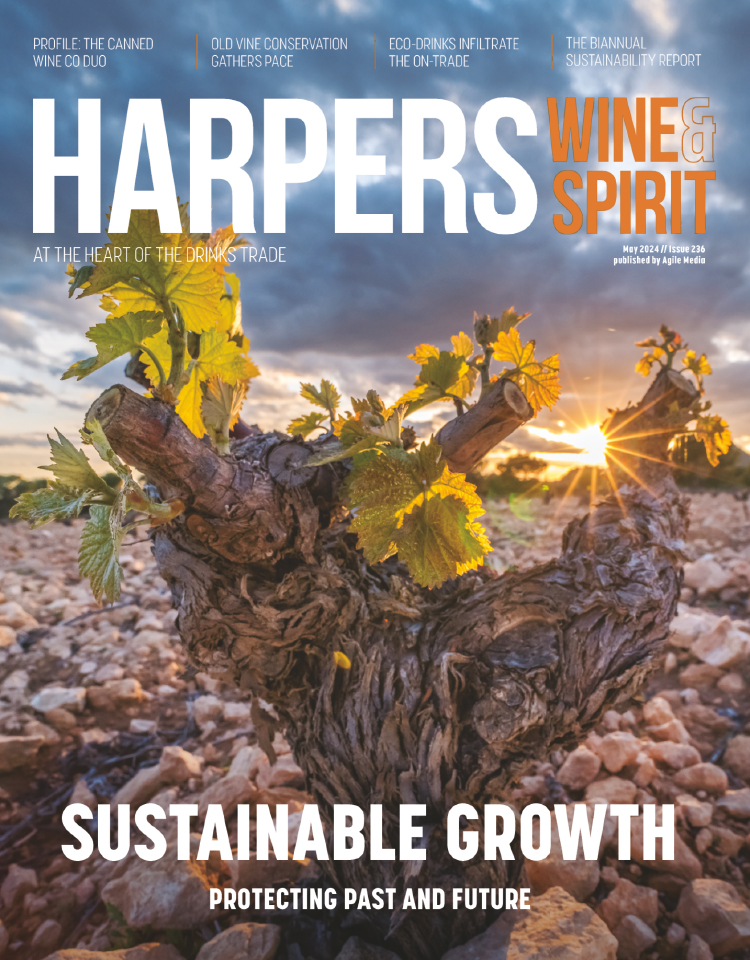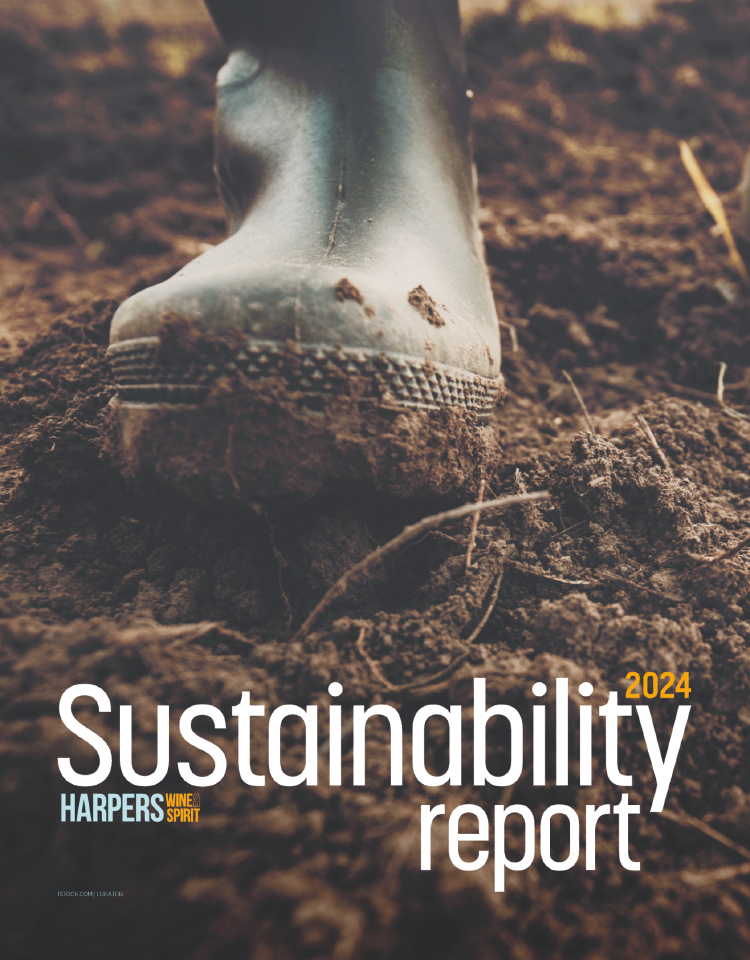
Rise and rise of inflation leaves business with difficult choices
UK industry has been left reeling once again following another inflation spike and subsequent interest rates hike, as the ever-increasing price of food and drink continues to stretch the nation’s purse strings as well as the cost of its collective shopping basket.
On Wednesday, the ONS reported that UK inflation spiked unexpectedly to 10.4% in February, up from 10.1% the previous month as the cost-of-living crisis continues to ratchet.
As a result, the Bank of England yesterday (23 March) pushed up the cost of borrowing to its highest level in nearly 15 years in an effort to curb the economic effects.
Altogether, the news is yet another blow for businesses, which continue to see the costs of stock rise. Overheads are set to jump too, as the end of energy support from government looms in April and bills are predicted to increase by over 80%.
The now familiar question becomes do businesses put up prices or swallow the costs?
In the past 24 hours, Bank of England chief Andrew Bailey has warned against restaurants and other businesses increasing prices. Speaking on Radio 4’s Today programme, he said businesses must try not to increase their prices more than necessary in a bid to curb a vicious cycle of rising prices, inflation and therefore interest rates.
Martin Williams, chief executive of Rare Restaurants, which includes the chains Gaucho and M, told the BBC that businesses had already been restrained in raising prices.
“If restaurants had reflected the increased ‘costs they face’ in the past year, as Mr Bailey suggests, a simple side salad would be priced at £20,” he said.
He warned that besides higher energy prices, he also expected drinks companies to put up alcohol prices in April.
UKHospitality chief executive Kate Nicholls has also highlighted the extent to which businesses are facing stark choices.
She said the “staggering rises in energy, food and drink costs in particular over the past year”, have left hospitality businesses struggling over whether to pass these costs onto consumers in order to survive.
She urged the government to tackle these main drivers of inflation, thus fixing the source of the problem and enabling venues to keep prices lower for consumers and reduce the need for further interest rate rises.
The rate of inflation, measured by the Consumer Prices Index (CPI) baskets of goods and services has been impacted largely by the cost of food and energy prices. Stores of natural gas are down, with energy bills rising for businesses and consumers alike, and the shortage of vegetables and salad driving up food prices in February.
February’s figure of 10.4% is actually a climb down from October’s 41-year high of 11.1%. However, according to ONS, the prices of food and drink in particular, alongside other sectors such as clothing and footwear, have contributed to the rise.
“With energy support fading to almost nothing in April and bills set to increase by over 80%, it is inevitable that price rises will follow,” Nicholls added.
“There is still time to avoid that by offering hospitality businesses an enhanced rate of support, as well as taking concrete action to penalise some unscrupulous energy suppliers.”









